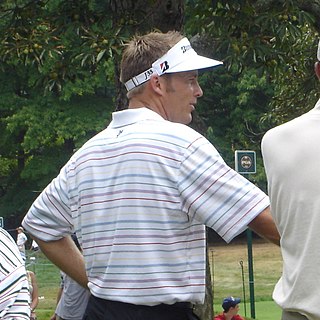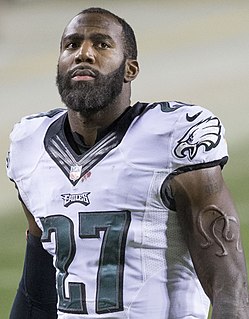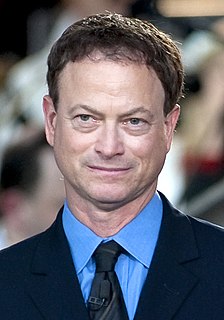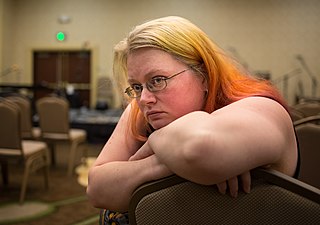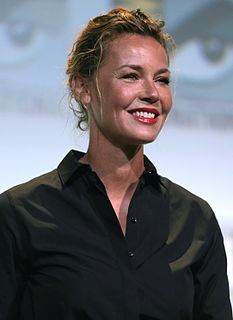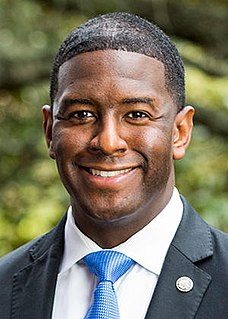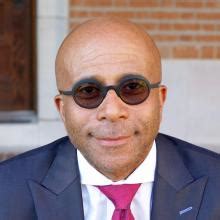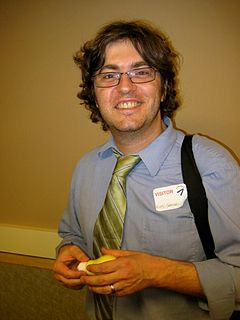Top 1200 Gated Communities Quotes & Sayings
Explore popular Gated Communities quotes.
Last updated on November 15, 2024.
Human beings need community. If there are no communities available for constructive ends, there will be destructive, murderous communities... Only the social sector, that is, the nongovernmental, nonprofit organization, can create what we now need, communities for citizens... What the dawning 21st century needs above all is equally explosive growth of the nonprofit social sector in building communities in the newly dominant social environment, the city.
If the population curve is on an exponential growth, and the resources are on an exponential decline, what happens first is you get increases in wealth discrepancy, which means that you get rich pockets of gated communities with security guards outside them, and you get more and more poverty outside that area.
We urgently need to bring to our communities the limitless capacity to love, serve, and create for and with each other. We urgently need to bring the neighbor back into our hoods, not only in our inner cities but also in our suburbs, our gated communities, on Main Street and Wall Street, and on Ivy League campuses.
In my writing, I want to address all communities, you know. I've spent many years talking about Chicano culture, Chicano history, and at the same time, I've also been in many communities and presented my work in many communities, in many classrooms, and that's where my vision is and my delight is and my heart is.
Harvesting the biosphere is still the most fundamental human activity. Without that, everybody's dead, really. We could do quite well without microchips, or the business site of 'Atlantic Monthly,' the gated communities, Guccis, and high-growth GDP. But we cannot do without harvesting the crops and cutting down the wood.
As an angsty teenager and college student, I used to mock people who lived in gated communities, who were so afraid of the unfamiliar world they had to erect a physical boundary to keep it at bay. But now I wonder, aren't the boundaries we draw with Facebook just as secure as a man-made moat or an underpaid security guard manning a booth?
Latino actors and actresses have had to struggle for decades, but when I came around with Real Women Have Curves, attitudes were starting to change. We screened the film all over the world - in Jewish communities, black communities, Greek communities, German communities - and people across the board said, "That's my family."
We live increasingly in a world of haves and have-nots, of gated communities next to ghettos, of extreme poverty and unbelievable riches. Some enjoy rights that are completely denied to others. Relative inequalities are exploding, and the world's poorest, despite all the advances of globalisation, may even be getting poorer.
Human Needs Project is really about how to come up with a different approach to helping, really focusing on the dignity of people living in communities you are not a part of, and how to approach these communities with help, but more look at it as an investment and a collaboration with these communities rather than, 'Here comes the white savior!'
Is it different to come out now than it was to come out thirty-five years ago? Sometimes. But if you come out now and you come from poverty and you come from racism, you come from the terror of communities that are immigrant communities or communities where you're already a moving target because of who you are, this is not a place where it's any easier to be LGBT even if there's a community center in every single borough.
We should not be living in human communities that enclose tiny preserved ecosystems within them. Human communities should be maintained in small population enclaves within linked wilderness ecosystems. No human community should be larger than 20,000 people and separated from other communities by wilderness areas. Communication systems can link the communities.
Historically during the years of the White minority regimes, the State, the national Government held this land in trust for these communities. We said, but no, why should we do that ( return the land to the communities). We didn't say return the land to particular traditional leaders, but to the communities.
Mass incarceration is a policy that's kind of built up over the last four decades and it's destroyed families and communities, and something we need to change. And it's fallen disproportionally on black and brown communities, especially black communities, and it's kind of a manifestation of structural racism.
I think that we need to begin talking about what does it mean to create these safe spaces in our communities, to begin welcoming one another into our homes and into our communities when they're returning home from prison, people who are on the streets. We need to begin doing the work in our own communities of creating the kind of democracy that we would like to see on a larger scale.
Although we've used the concept brand communities a couple of times, it's important to reiterate that communities aren't created, they are courted. Most brands will need to court a range of different communities and travel across pools, webs, and hubs if they want to reach the full range of desired consumers.
All communities, and low-income communities especially because of food insecurity and lack of access to healthy foods, need more farmers markets, need more community gardens and urban farms. It would be great if people living in communities had the tools and resources to grow food in their own backyard - community-based food systems.
There are challenges as far as underfunding in various parts of the city. But spirit and sense of community is so much stronger in the places we've been. In Hollywood and Beverly Hills for example, people stay to themselves and live away from others in their gated communities. Despite being a native West Angelino, I had never really felt a strong sense of community until "South Of Wilshire". I now feel it because of the show.
Designing Online Communities is a must-have for anyone designing or researching online communities, particularly for learning. Owens' work is both comprehensive and eminently readable, a sweeping look at the technologies, design patterns, and cultural forms they produce that is both theoretically ambitious and grounded in examples and tools that will help you develop, research, and manage online communities.
















